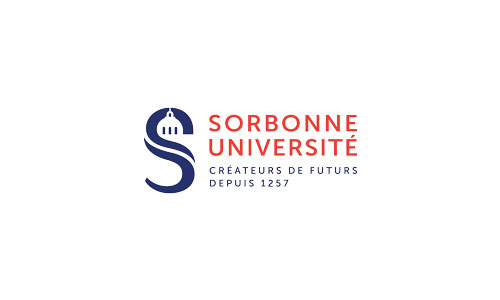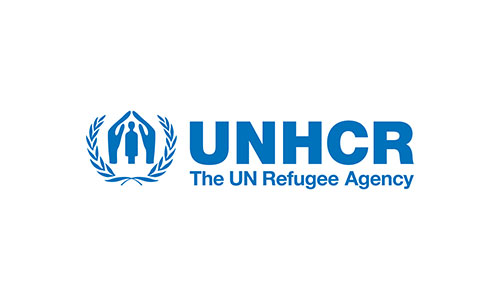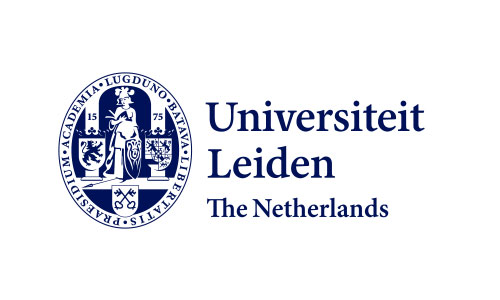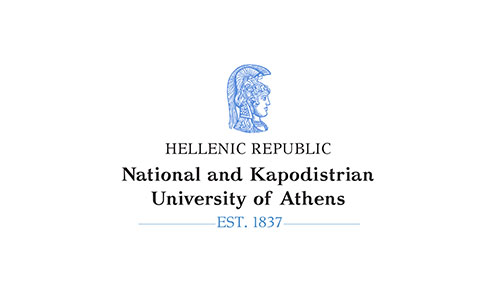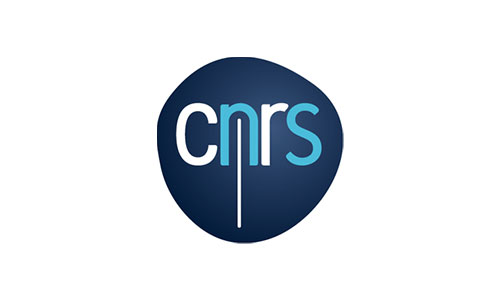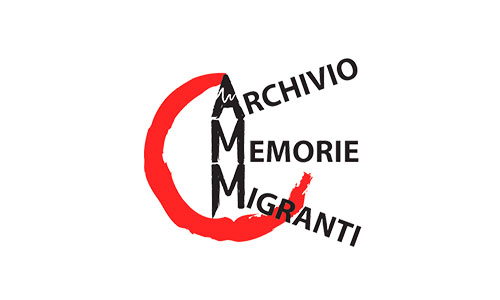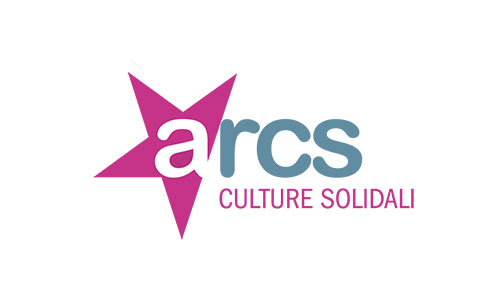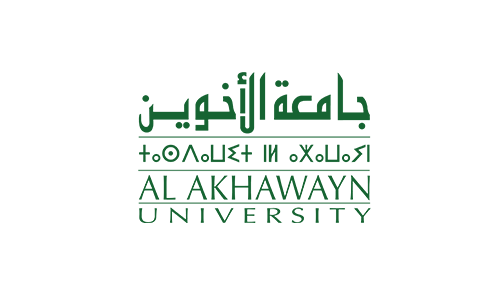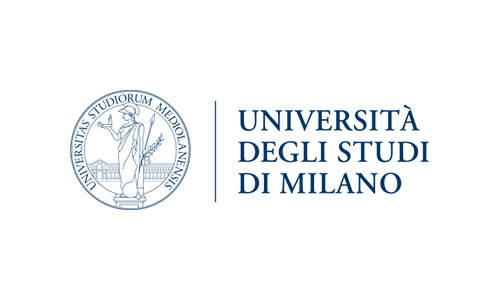The fourth and last ITHACA training session was held last March in Holland, at the premises of ITHACA partner University of Leiden. Marlou Schrover, Andrew Shield and Jamel Buhari were the protagonists of three lectures that became part of the ITHACA Massive Open Online Course.
Three main questions led off the fourth ITHACA training session.
The fist was posed by prof. Marlou Shrover, professor in Economic and Social History at University of Leiden (ULEI) who answer to: What does the term “diversity” mean when conducting historical and social research, and how do we translate diversity into policies and practices?
In her lecture, first of the third ITHACA MOOC, she invites the public to think of situation when diversity is an asset, when can become a goal, and when is a problem and how to solve it. She reminds us that historians, students, practitioners looking to the past of migrations should avoid deproblematizing diversity, denying complexities, and homogenizing groups in retrospect.
The second question “What is oral history and what are the challenges when studying migrations in the past?” was answered by Jamel Buhari, PhD candidate at the Institute for History at ULEI.
On one side this method facilitates a more complete and human understanding of our complex past and present; on the other side, many are the challenges for the researchers or practitioner wanting to adopt it. Research could negatively impact the safety of the narrator, or researchers might have certain biases, gaps in knowledge that obstacle a positive usage of oral history. Jamel Buhari invites us to establish a collaborative environment of co-creation when desining an oral history research project, to think of what the researcher can give back to the migrant interviewed and to always respect the principle of transparency. This can be achieved by making accessible the research outcomes through translations in various languages and proper dissemination.
The third question regarded the complexity of researching queer migrations and was answered by dr. Andrew Shield, Assistant Professor of Migration History and Principal Investigator of the ITHACA ULEI unit. The challenges of this research strand were posed, underlying, among the other issues, the necessity not to limit to LGBTI Asylum, but study topics of family reunification, HIV policies and legal obstacles. In his lecture, Andrew Shield reminds his public the importance of conducting responsible research, for example ensuring that answer regarding sexuality and gender identity of migrants cannot be found in already existing materials before approaching queer migrants for interviews.
Along the Central Mediterranean route, the phenomenon of trafficking in itinere often affects people who had originally sought irregular travel services but then ended up being kidnapped, tortured and kept in detention centres during their migratory path. After an thorough work of qualitative social research, the ITHACA researchers Monica Massari, Simona Miceli and Ombretta Ingrascì from the University of Milan Statale published an outstanding article on this topic in Open Research Europe.





